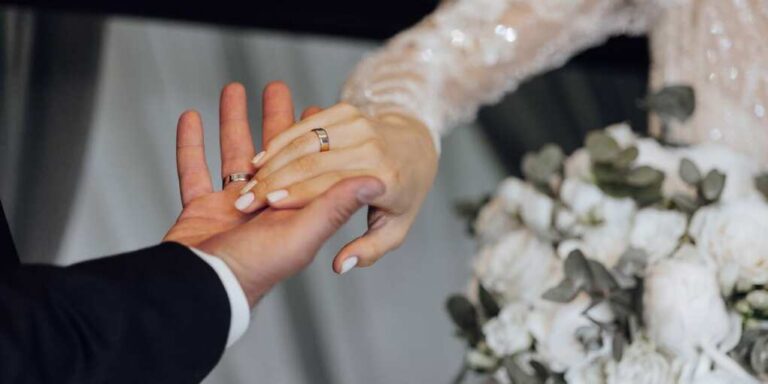
Kim Davis, the Kentucky county clerk who became a national figure in 2015 for refusing to issue marriage licenses to same-sex couples, has now taken her legal fight to the highest court in the land. Her attorneys have formally petitioned the Supreme Court to hear her appeal, directly challenging the Obergefell v. Hodges decision that legalized same-sex marriage nationwide.
At the heart of Davis’s case is her claim that her refusal was rooted in her First Amendment right to the free exercise of religion. She was jailed for five days after refusing to issue the license, later agreeing to authorize it only if her name and signature were removed from the document. That compromise, however, didn’t shield her from significant penalties — she was ordered to pay $260,000 in attorney fees and $100,000 in emotional damages to the couple she initially denied.
“The mistake must be corrected,” wrote her attorney, Mathew Staver, calling Obergefell “egregiously wrong” and arguing that Davis’s punishment was an unprecedented infringement on religious convictions. He emphasized the unique nature of the case, pointing out that she is “the first individual in the Republic’s history who was jailed for following her religious convictions regarding the historic definition of marriage.”
The legal filing asserts that the original ruling in Obergefell was judicial overreach and urges the Court to reconsider it, echoing language once used by Chief Justice John Roberts in his dissent. In 2015, Roberts had warned that the decision was “an act of will, not legal judgment” and had “no basis in the Constitution.”
Not everyone shares Davis’s view. William Powell, the attorney for the couple she refused to marry, dismissed the petition, noting that “not a single judge on the U.S. Court of Appeals showed any interest” in her rehearing request. He expressed confidence that the Supreme Court would also reject the case, saying Davis’s arguments “do not merit further attention.”
The justices are expected to decide this fall whether to take up the case during a private conference. If they agree to hear arguments, a ruling could come as soon as June 2026, potentially setting up one of the most significant legal and cultural battles since the Court’s 2022 decision overturning Roe v. Wade. That ruling in Dobbs v. Jackson Women’s Health Organization sent the abortion debate back to the states, raising speculation among court watchers about whether same-sex marriage could face a similar fate.
The stakes are high not only for Davis but for religious liberty advocates and LGBT rights groups across the country. A Supreme Court decision to revisit Obergefell could reopen the legal and political fight over marriage laws, with states potentially regaining authority to define marriage.
Davis’s story also carries a political dimension. In 2018, one of the men she denied a marriage license attempted to challenge her for the office of county clerk, backed by liberal Hollywood donors, but failed to unseat her. Now, years later, her name is once again in the headlines — this time tied to a case that could ripple far beyond Kentucky.
As the nation awaits the Court’s decision, both sides are bracing for a potential cultural and legal showdown. For Davis, it’s the culmination of a decade-long battle she says is about faith and constitutional rights. For her opponents, it’s a fight to protect a landmark civil rights ruling from being dismantled.
One way or another, the Court’s decision this fall will signal whether the justices are willing to reopen the debate over marriage in America — and possibly set the stage for a historic reversal.





